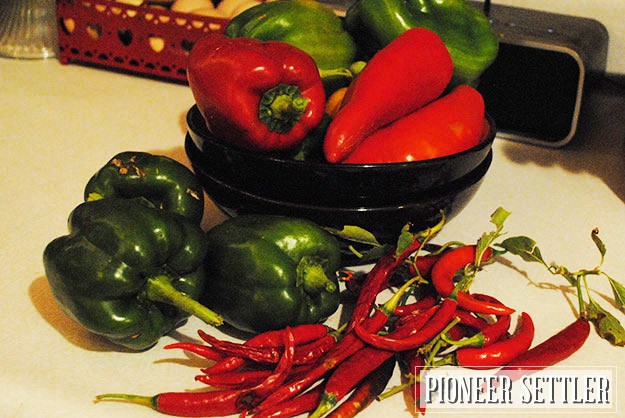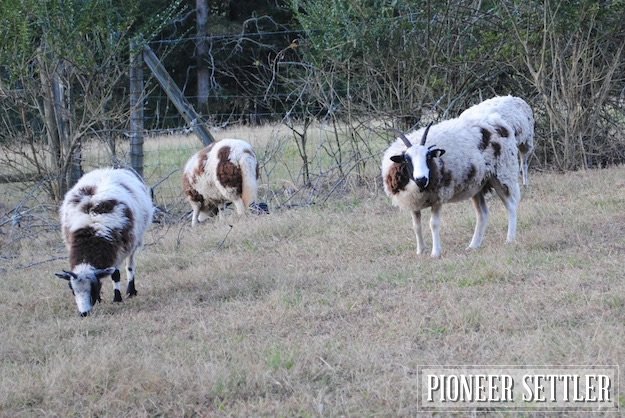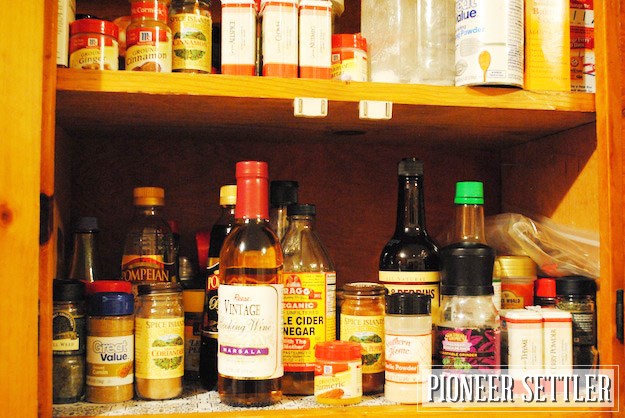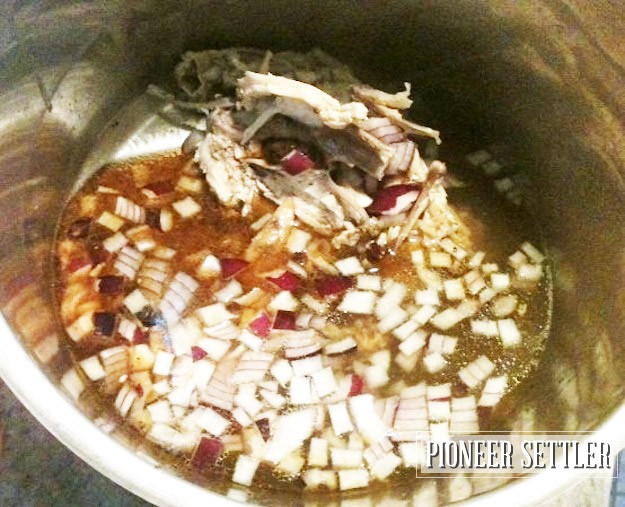Organic food and clean eating have been big movements as of late. You all may not have the space or ability to grow your own garden or shop at expensive health food stores, but there are some steps you can take towards a healthier lifestyle.
9 Steps To Taking More Responsibility For Your Food
The treatment that our food gets before it makes its way to our plate keeps hitting the news, from the chemical treatment of meat animals, to the to the increased use of genetic modification in commercial food, to the ‘Dirty Dozen’ and ‘Clean Fifteen’ that many health-conscious parents have imprinted on their minds.
As a result, more people are addressing the way they obtain food, paying more attention to where it came from and how it was handled before it lands on their plates.
One of the things I advocate heavily, and try to assist people with when they come to me looking for advice, stock or just general inspiration, is to get closer to the food you consume, and take more responsibility for obtaining it. Food doesn't just come from Publix, Walmart, Kroger, wherever you happen to shop, and it most certainly doesn't come through a window in a paper bag.
The opportunities to embrace your food have never been better, and there’s never been more reasons. Whether you are concerned by pesticides, want to be more organic, or you have been inspired by the growing number of preppers, you can start as small or as hands-on as you want to.
1. Grow a garden


Square foot gardening, container gardening, edible landscaping or a 2500 sq ft tilled patch; there’s a garden for everyone right outside your door. The key to a truly useful garden is to grow what your family eats and loves. For us, that means collards, lettuce, tomatoes, squash, peppers, root vegetables, pumpkins… the list is endless.
2. Source what you can from your own back yard

Check your local ordinances. Keep a small goat, a few chickens, a handful of turkeys, a small hutch of meat rabbits. Even if you live in the city, you might be surprised at what your ordinances allow; many allow a small milk goat or a specified number of chickens even on as little as 1/4 acre. Rabbits take up hardly any space at all, and are generally classified as pets, so keeping a few for your own meat would be simple.
3. Source what you cannot grow locally
Support your local farmers. They know they re up against the big ag and huge grocery stores, so they are super selective about their products and produce. Farmer’s Markets are popping up all over the country, so find one and go take a look. Everything will be fresh, seasonal and often organic too. If you want to go the extra mile, find yourself a cow or goat share! These are legal in many states, check out realmilk.com to find one near you and to check legality in your state.
4. Join a CSA
It’s the best of what’s fresh! Big cities often have local CSA’s (Community-Supported Agriculture) with a specified pickup point or sometimes even a delivery service, like this one in Atlanta.
5. Buy raw ingredients and make what you can

It’s cheaper, healthier and more fun! Bread, boxed cake mixes, canned food, ready meals… they all contain ‘mystery’ ingredients: in this house the rule is if you can't pronounce it or it was made in a lab, don’t eat it. Utilize your crockpot for this; dinner can be ready when you get home!!! It takes a bit of effort to rethinking your meals, but it's easy once you get started!
6. Eliminate processed food and takeout
I know it’s quick and easy, but it’s really not good for you. Again, use your crockpot for good food on the go, and if you make extra, you can freeze it and save it for a night you have less time.
7. Foraging

Everything from blackberries to mushrooms! It’s fun to go blackberry and blueberry picking but, especially in the case of mushrooms, be VERY aware of what you're collecting and eating! Here's an excellent resource for picking the right plants in nature: All Natural Trail Mix: Picking Wild Berries
8. Hunt and fish
via HSO

Deer and duck season are family favorites around here. You can put a surprising amount of meat in the freezer (or dehydrator!) from one hunting season, and it can really knock some dollars off your shopping bills. Be sure to research seasons, licenses, tags and limits for your area.
9. Use every scrap of everything

Make stock from the chicken bones after you've cooked and picked it, it makes soups and casseroles extra delicious! Always make extra when you cook, that way you have leftovers for lunches and for the freezer for nights you just don’t have time. If you have kitchen scraps you can feed them to your chickens, and you can always compost the rest.
Katy Light has a 44 acre homestead in North Georgia, where she raises goats, rabbits, sheep and chickens. She is passionate about self-sufficiency, natural ways to live, and fiber. Find her blog at www.poppycreekfarm.com. She can be reached at [email protected].
That’s all, fellow homesteaders! Did you enjoy our list of 9 Steps To Taking More Responsibility For Your Food? Let us know in the comments section below what you thought of our 9 Steps To Taking More Responsibility For Your Food list. Do you have a favorite manner for taking food responsibility that’s a staple on your homestead? Share it with us and we’ll give it a shot. We love doing DIY homesteading projects and becoming more self-reliant by learning more about how everything works around the homestead. That’s why Homesteading was created. We want all folks looking to lead a self-sufficient life, either on a homestead or in an urban environment, to come together and learn from each other!

[…] 9 Ways to Be a More Responsible Human Being […]